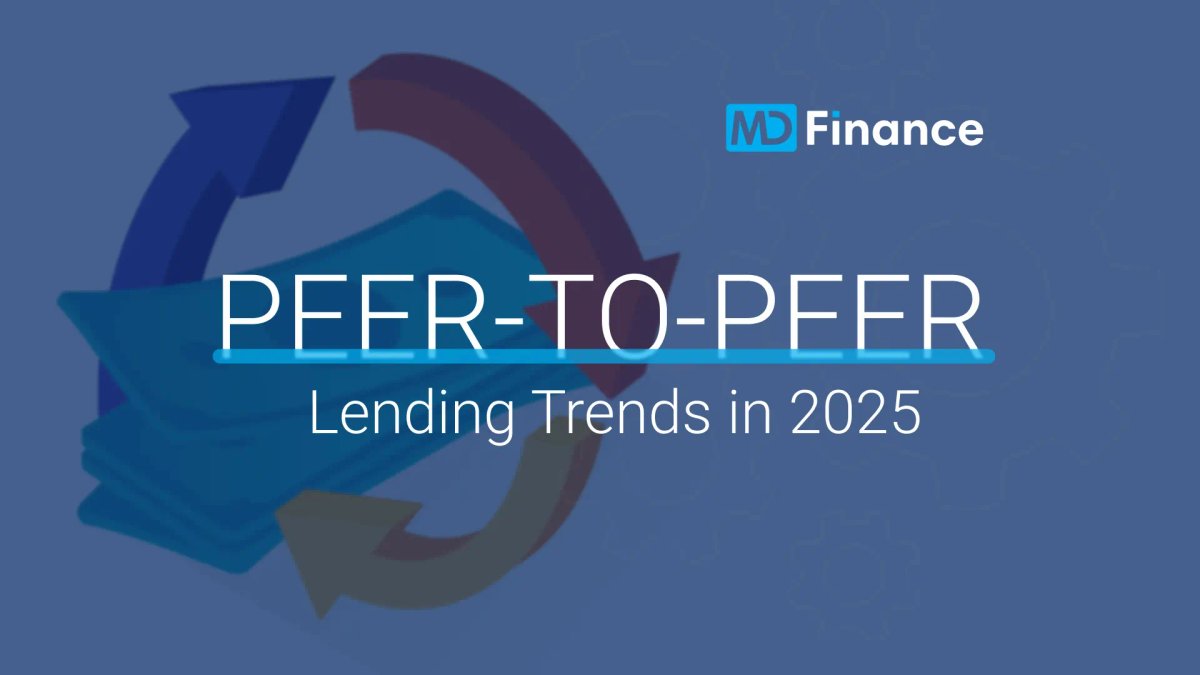Menlo Security Research Shows 75% of Organisations Re-evaluating Security Strategy as Remote and Hybrid Working Set to Remain
Published by Jessica Weisman-Pitts
Posted on October 19, 2021
4 min readLast updated: January 29, 2026

Published by Jessica Weisman-Pitts
Posted on October 19, 2021
4 min readLast updated: January 29, 2026

Menlo Security's report shows 75% of organizations are re-evaluating remote access strategies, with a focus on zero trust solutions as hybrid working continues.

– Three-quarters rely on traditional VPNs for remote access while a third also use zero trust as part of their remote access strategy
– Over half plan to reduce third party/contractor access to systems due to security risks
A new report by Menlo Security, a leader in cloud security, highlights growing concerns about securing users as the trend for hybrid and remote working is set to remain. The new report – which surveyed 500+ IT decision makers in the U.S. and the U.K., including a third at C-level – looks at attitudes to securing remote access to applications and resources and the adoption of zero trust solutions.
While most respondents (83%) say they are confident in their strategy for controlling access to applications for remote users, three-quarters are re-evaluating theirs in the wake of new ways of working and the growth in cloud application use. While half of employees are currently working remotely or adopting a hybrid approach, around two-fifths (42%) are expected to continue in 12 months’ time.
According to the findings, three-quarters (75%) of organisations continue to rely on VPNs (virtual private network) for controlling remote access to applications, which rises to 81% for organisations of 10,000+ employees. For around a third (36%) of organisations a zero trust approach also forms part of their remote access strategy.
“It seems that most businesses are confident in their remote access security, yet are still relying on a traditional and inherently insecure way of doing things using VPNs, which give access to everything on a network,” said Mark Guntrip, senior director, cybersecurity strategy at Menlo Security. “With only a third currently using zero trust network access, there’s a real opportunity to provide users with access to only those applications and resources needed to do their job. When you start to adopt this approach across everything you do then your whole security mindset changes.”
The top reason for implementing a zero trust solution is improved security, according to 60% of respondents, regardless of whether they are using it or not. One third (32%) point to ease of use, while speed of access and scalability are both more widely recognised among those already adopting a zero trust approach. Significantly, 40% of respondents believe that implementing a zero trust solution places less pressure on IT.
Despite overall confidence by global IT decision makers in the robustness of their strategy for controlling application access for remote users, Menlo Security’s research also shows that:
Menlo’s Mark Guntrip adds: “As the internet becomes the new corporate network, controlling user access to private applications has become more important than ever. Organisations need to evolve their thinking from providing connectivity to the entire network to segmenting access by each individual application. The right zero trust approach will ensure seamless access between users and the applications they are authorised to use, while all other applications are invisible, preventing lateral discovery across the network.”
Menlo Private Access
Menlo Security has a clientless-first approach to implementing Zero Trust Network Access, enabling organisations to secure access to applications from all devices – including managed, unmanaged and mobile devices. This approach minimises the workload on IT and security for deployment, while maximising the security posture of the company. The clientless-first approach can be augmented with a client for use cases that specifically require client-based access.
Unlike many ZTNA solutions that cannot monitor traffic being sent and received between an end user and a controlled application, Menlo Private Access ensures that security policy is always enforced by remaining inline between the end user and protected applications; utilising our Elastic Isolation Core as a control point to prevent sensitive data loss and stop potential malware from reaching the endpoint.
Survey Methodology
The survey was conducted among 545 IT decision makers from organisations with 1,000 or more employees across the U.S. (265) and U.K. (280). One third of respondents (31%) were C-level and the top three industry sectors were Manufacturing (15 percent), Banking & Finance (14%) and Healthcare (14%). Sapio Research conducted interviews online during August and September 2021 using an email invitation and an online survey.
This is a Sponsored Feature
The article discusses the re-evaluation of remote access security strategies by organizations in response to hybrid working trends.
How are organizations addressing remote access security? Many are adopting zero trust solutions and limiting third-party access.
Why is there a focus on zero trust solutions? Zero trust offers improved security by restricting access to only necessary applications.
Explore more articles in the Business category











